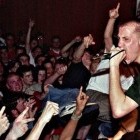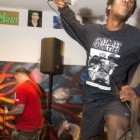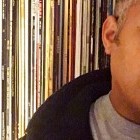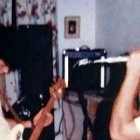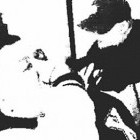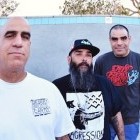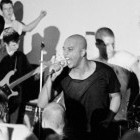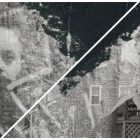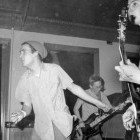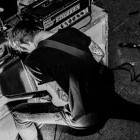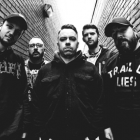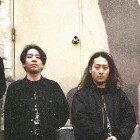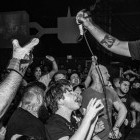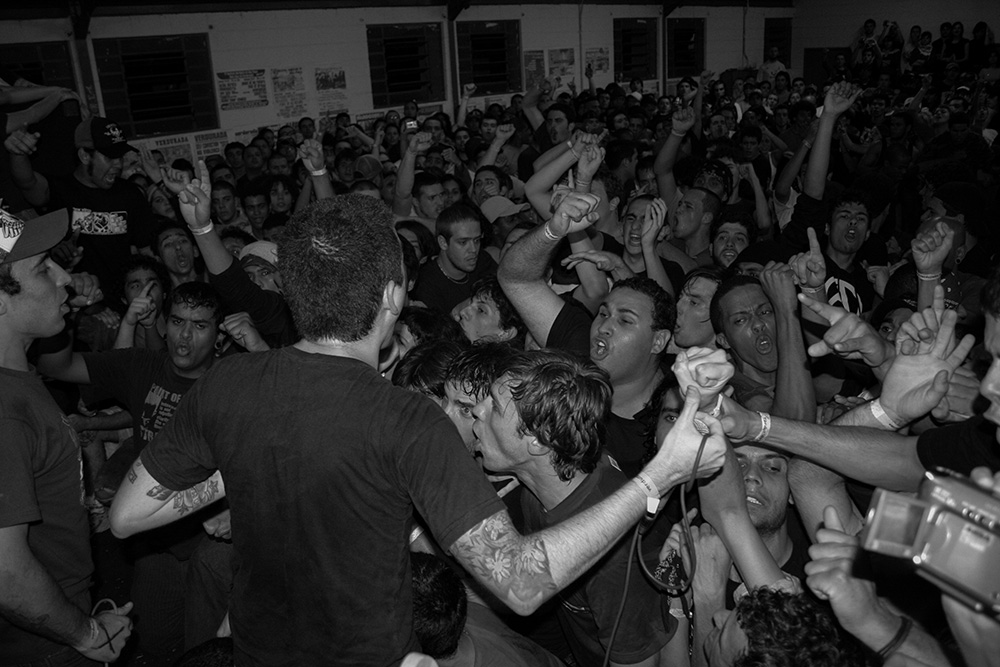
Point of No Return came screaming out of the Brazilian hardcore scene all the way back in 1996. Fronted by not one, two, but three vocalists, the São Paulo-based vegan straight edge outfit brought forth a metallic hardcore sound backed with lyrics that dealt with political issues.
After extensive tours of South American and Europe, and releasing two albums and one EP during their run in the 2000s, Point of No Return put everything on hold in 2006 and decided to take an extended break.
Before they went on their hiatus, Point of No Return wrote nine songs which were ear-marked for a third studio album, but family and career obligations got in the way of those plans. But years later, the recording began taking shape with the instrumental tracks being finished in 2017. The lyrics were penned between 2019 and 2024, with the vocal tracking sessions being finished this year.
With that, The Language of Refusal, Point of No Return's third album, was finally finished. The lyrics deal with everything from the deforestation and labor exploitation in the Amazon rainforest to global warning to political turmoil.
The Language of Refusal will be released digitially and on vinyl via Indecision Records later this month in North America, with Refuse Records handling the European release. A teaser track for the album called "Guile" is streaming below. In this interview, vocalist Fred F. talks about Point of No Return's history, their influences, and the new album.
Give us a little background on Point of No Return, when was the band most active? Being a vegan straight edge band in São Paulo was there a scene of peers for you in the '90s? What/who were you looking to as inspiration?
We started the band in 1996 as a side project of another local vegan straight edge band called Self Conviction. The main influence, at least when it comes to having three singers, obviously came from The Path of Resistance, whose album, Who Dares Wins, had come out a few months before. Self Conviction was already a vegan straight edge band, but the idea was to form another band with three vocalists to play a more metallic sound.
Like Path of Resistance, the initial goal was to have an in-your-face band with lyrics about straight edge and veganism. However, when we sat down to write the lyrics, we ended up writing about non-straight edge related political issues of the day, things that either affected our lives or that we had a strong opinion about.
So, throughout the years, we ended up never actually writing one of those traditional songs about straightedge, despite being a straight edge band that plays shows with X-ed up hands and writes “vegan straightedge” in its records.
Musically, we were a bit eclectic. We were influenced by the crop of metal-inflected hardcore bands of the 1990s, which we saw ourselves a part of, from Earth Crisis to Chokehold to Liar. We liked to include mosh and breakdown parts in our songs and, in the 1990s and early 2000s, we were really into some NYHC bands like Madball.
But we also liked other stuff like grindcore, and we believe there is some influence of Napalm Death and Assück in some of our songs. Finally, when we did record a cover, we recorded an MDC one from a later, weirder album (Millions of Damn Christians).
When the band started, there was already a robust hardcore scene in São Paulo, one that was large enough to have a considerable vegan straight edge “subscene” in it. We can trace the beginning of the straight edge scene in the city to the years of 1989-1993, when bands like No Violence, Clear Heads, Personal Choice, and Positive Minds first started. By the time PONR started, there were already other straight edge (or straight edge-adjacent) bands in São Paulo and other cities in Brazil.
The shows we organized attracted a good crowd back then, about 300 people. Things only grew, and by the time PONR disbanded, we were regularly playing to 1,000 people in the city (things were different in other parts of the country, though).
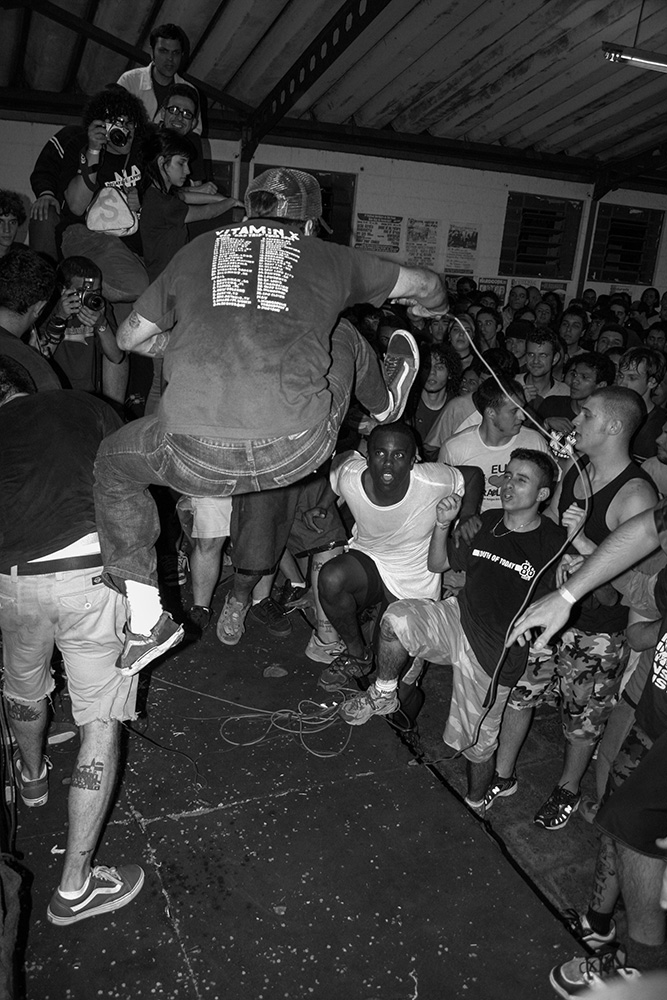
It’s been over 20 years since the band last released a record, how did this record come about?
We played our last show in 2006, but when we decided to break up that year, we had already written nine songs that only needed lyrics. When we stopped playing, we agreed to record those songs soon. Eventually, life got in the way—people had kids, went to grad school, got busy with work, got busy with other bands, and moved to different cities and different countries.
It took us 18 years to record those songs. In 2017, Juninho (guitar) and Luciano (drums) recorded the songs and asked me and Ruy F. to write the lyrics. We took our sweet time, but last year we decided it was about time and finished all the lyrics. We finally recorded vocals in the spring 2024 (when it was fall in Brazil).
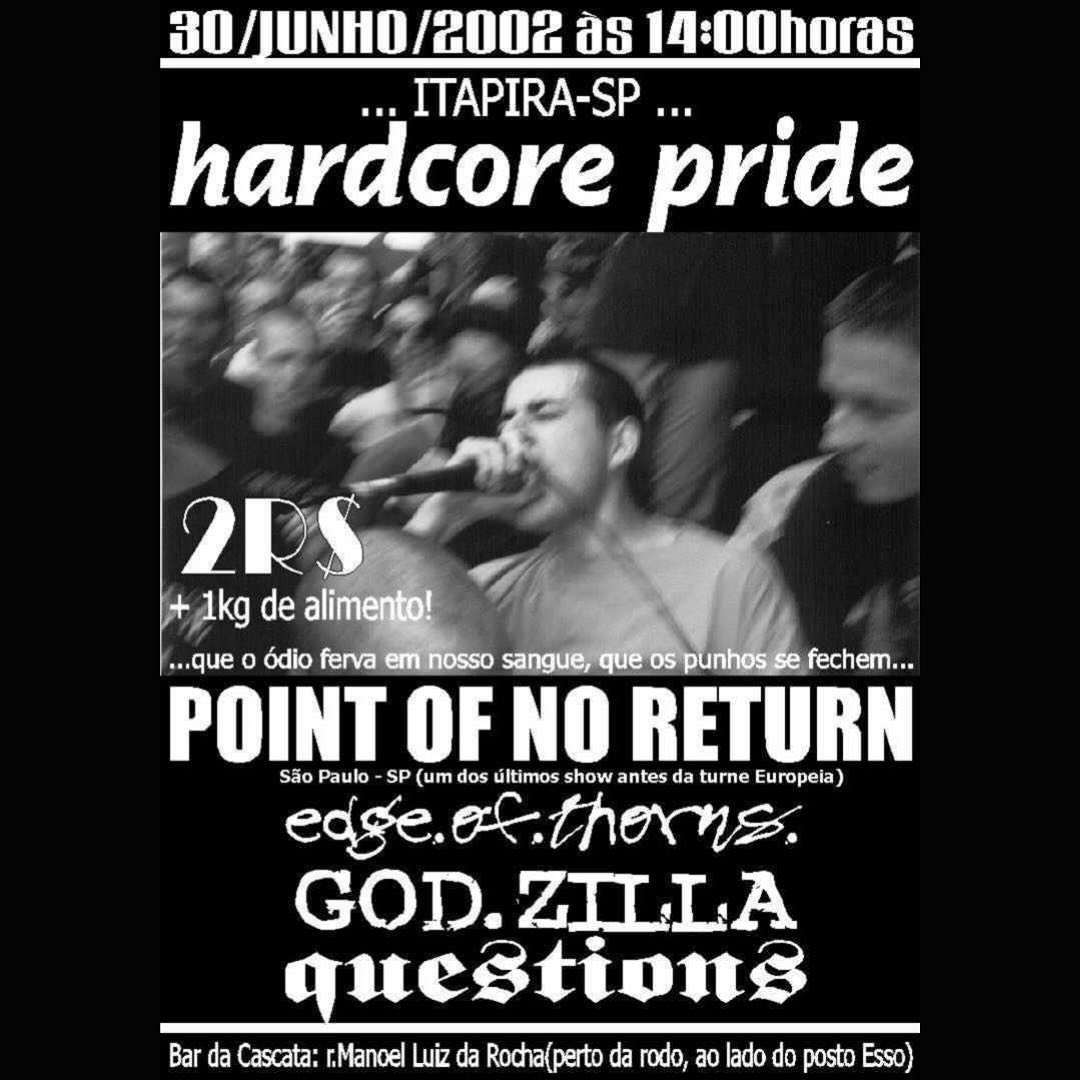
Tell us a little bit about the track "Guile" that you released this week. What’s the track about and is there any reason in particular that this was the track you guys chose to release as a single?
We think it is a very timely song for how it addresses political issues that have arisen in different countries over the last decade or so, including the US and Brazil. The lyrics talk about this class of politicians who cunningly present themselves as political outsiders to make extremely regressive types of politics palatable.
If you look at examples from various countries, they come in different flavors, but they all share this message: that a society in crisis (usually for the wrong reasons) can only be fixed through a return to a mythic golden era when everybody, including the most disadvantaged sectors, “knew their place.”
We think this is a very dangerous type of politics, dangerous, among other things, because it always relies on scapegoating and dehumanizing some of the most vulnerable sectors of our societies—immigrants, radicals, queer and trans folks, racial minorities, etc.
You have songs sung in both Portuguese and English on the record. Is there a process you have to deciding which language a song will be sung in?
When we started the band, we sang in English. The older Brazilian punk scene from the 1980s sang exclusively in Portuguese, and singing in English was something that most 1990s hardcore and punk bands in Brazil did to differentiate themselves from the previous generation. Soon, we started questioning this idea—there were band members who did not even speak English at the time—and when we released our first full album in 2000, we had songs in both languages. Later, our second album had all the songs in Portuguese, except for a cover. Now, we are back to a mix of the two languages.
From the point of view of someone in a band outside an English-speaking country, English is both a blessing and a curse. It is a blessing because it is unquestionably the world’s lingua franca, and using it opens up many doors, not only to places like the US, UK, Canada, and Australia but also to other places where people are also not native speakers of English.
For example, when PONR was active in the early 2000s, we would receive many letters (yes, it was still a thing then) and emails from kids in places like Indonesia and the Philippines. That mostly happened because we had some songs in English and were released by a US label (which also happened, in part, because we could communicate in English).
But English is also a curse because once you start using it, it gets really hard to avoid. I think in the international hardcore scene there is an excess of English, which contributes to an impoverishment of the types of ideas and themes circulating through it. When you dominate more than one language, you realize that your brain works a little differently in each one, that there are things you can say very well in one language that don’t sound as good in the other.
So that is why, in the new album, we ended up going back to alternating songs in the two languages. There are some songs where we felt the need to use examples from Brazil or that we thought would sound better if we used this or that figure of speech from Portuguese, so we decided to write their lyrics in Portuguese instead of English.
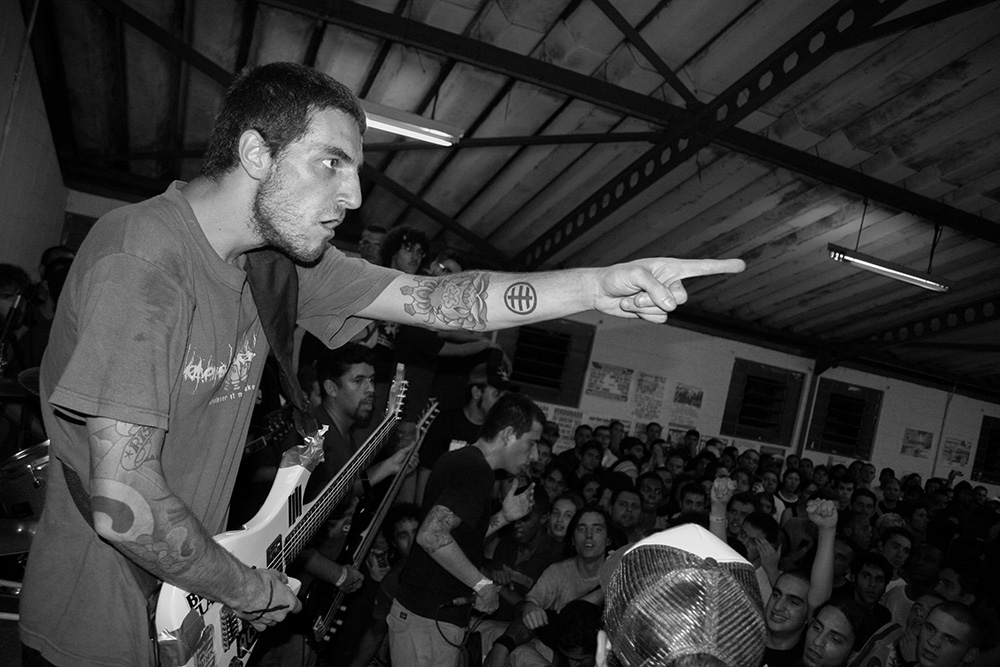
You have a pre-order that starts today with Refuse Records in Europe and Indecision Records in North America, how did these connections happen?
We are very grateful for the opportunity to have our record being released by both Indecision and Refuse. We have known Robert from Refuse since PONR’s first European tour in 2000, and once we decided to release the album, our guitar player, Juninho, contacted him and he was very excited about the idea of releasing the album there.
The connection with Dave from Indecision was made through Eva Hall, who plays in Power Alone. I lived in the Bay Area for a couple of years, and I used to run into Eva and her brother Dustin at shows. They knew Point of No Return since when they had their other band, Gather, and when I asked Eva if she knew labels in the US that could be interested in releasing us, she put me in contact with Dave, who was curious. It is a privilege to have our record released by the two labels.
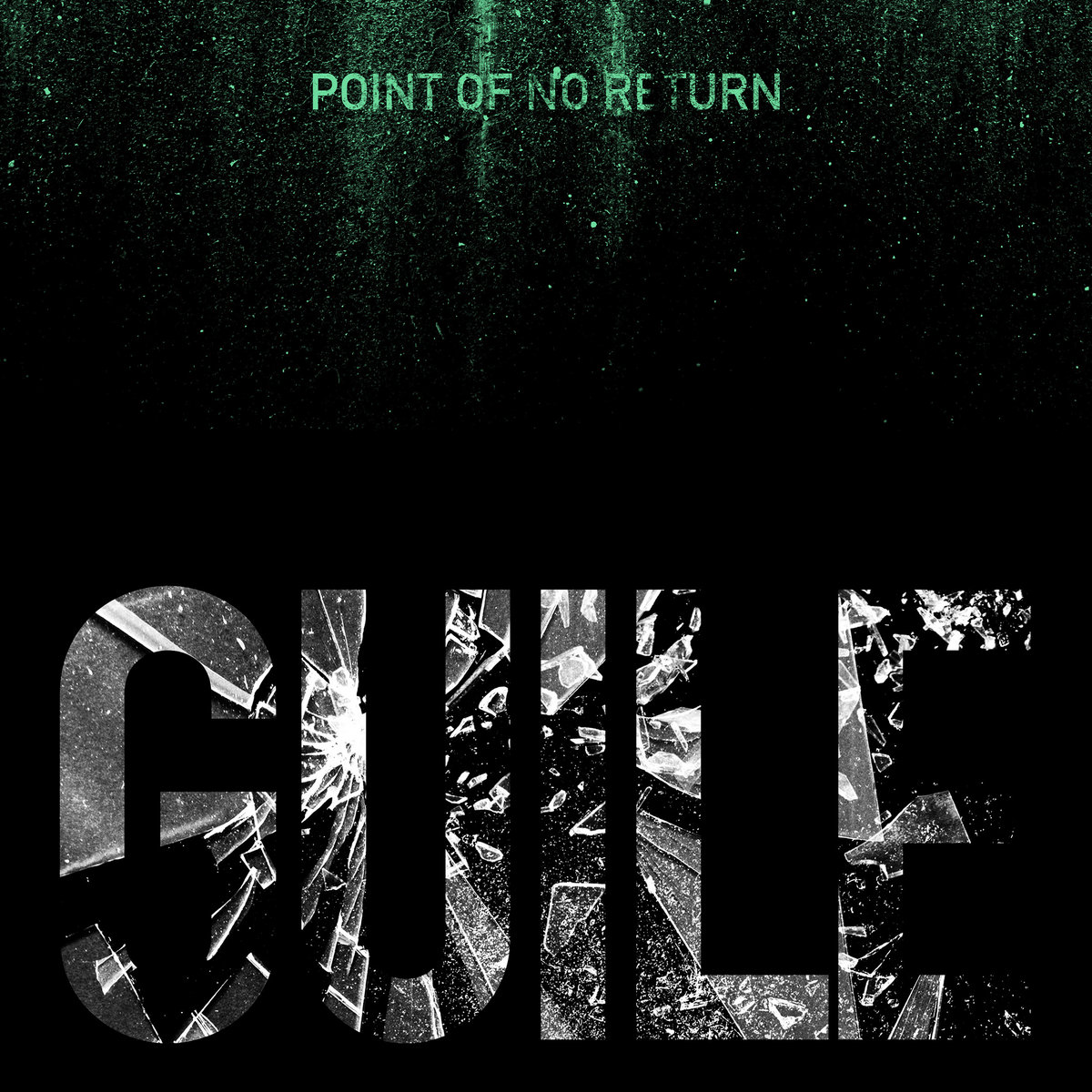
You have a show lined up later this month in Brazil, are there plans to play any other shows aside from that?
Besides this show in Brazil this month, we have been talking about doing a short US tour in May or June next year and playing a couple more shows in Brazil. I have been living in the US for a couple of years now, and we all have other things we do, but we are thinking seriously about these other shows next year.
Other than that, we would like to at least play in some places in Latin America we didn’t have the chance to play before, such as Colombia, Mexico, and Chile, and maybe even play in Europe again.
***
The Language of Refusal will be released on July 26th via Indecision Records (North American pre-order) and Refuse Records (European pre-order).
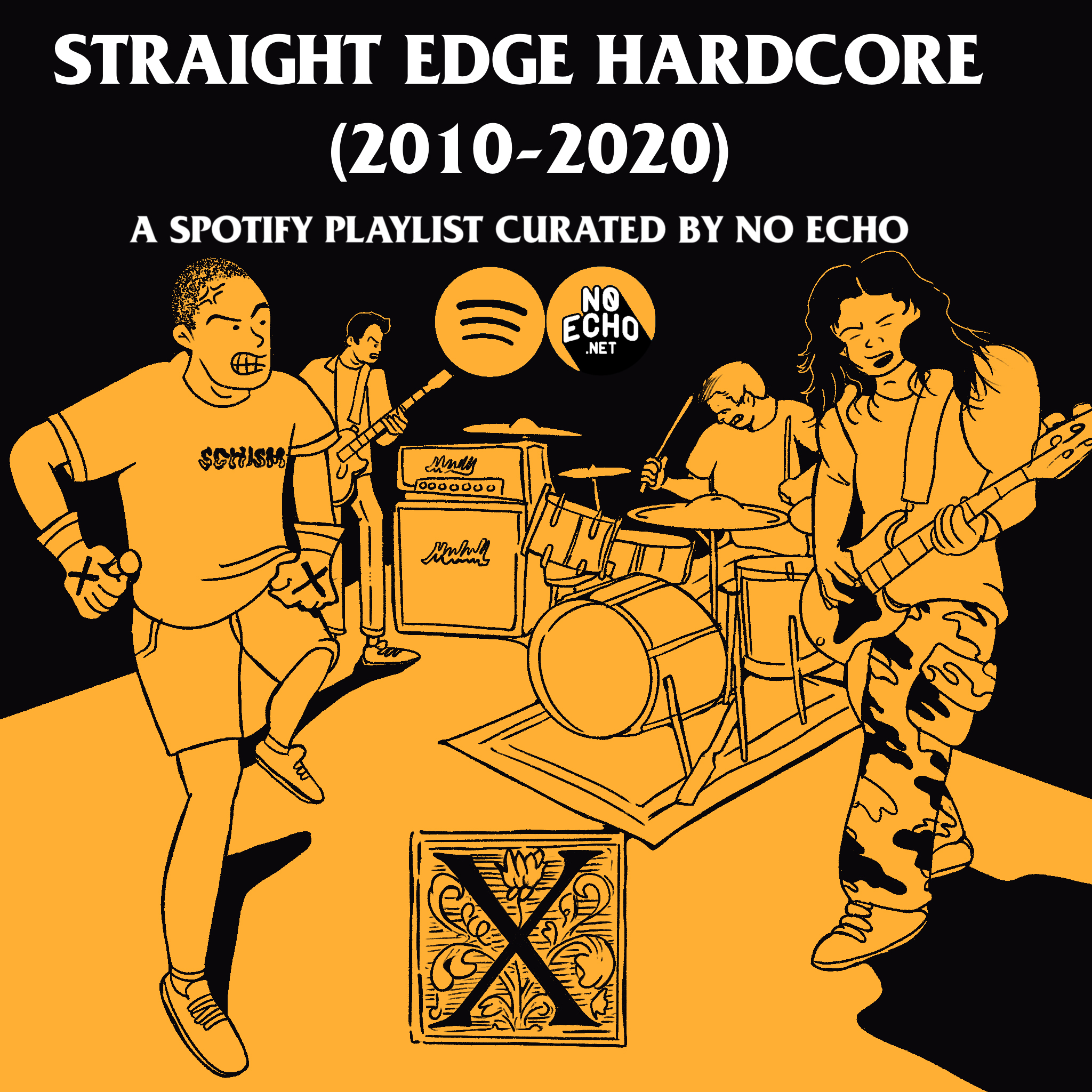
Tagged: point of no return

